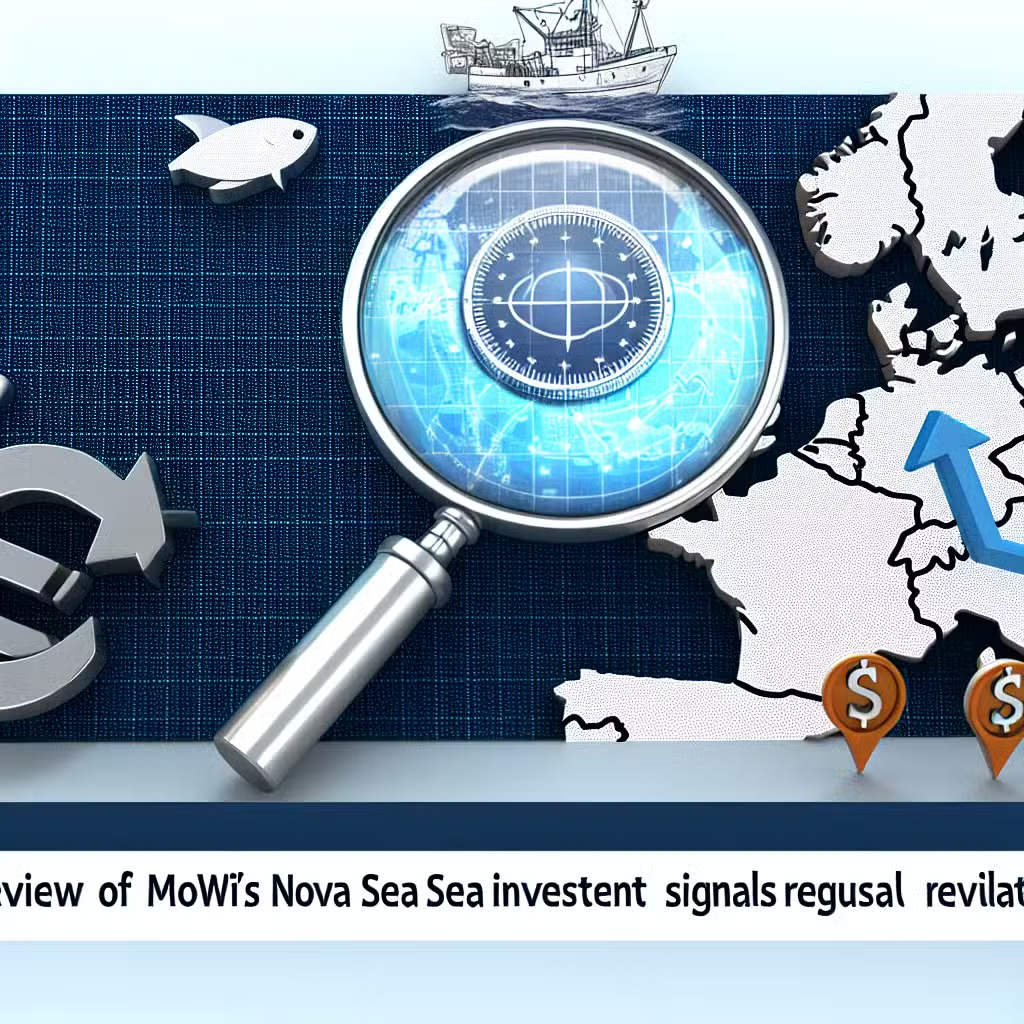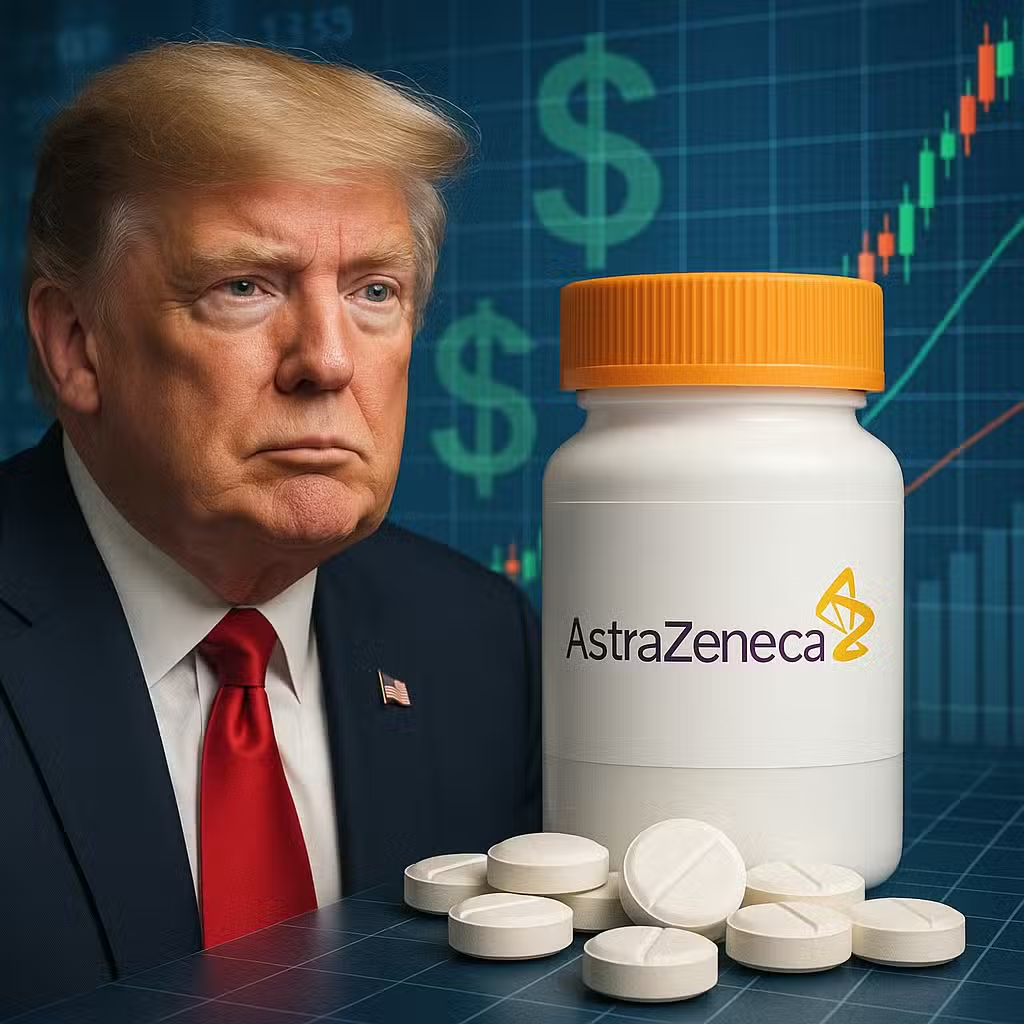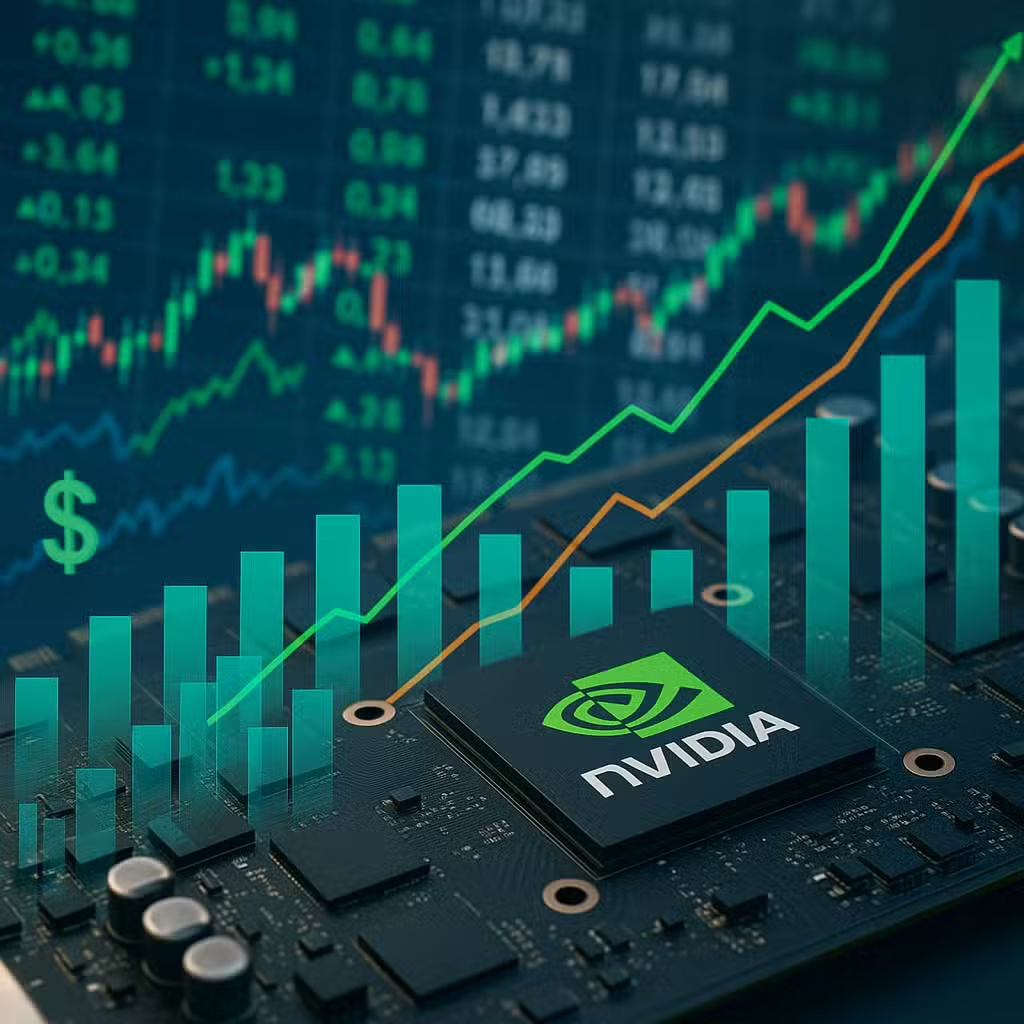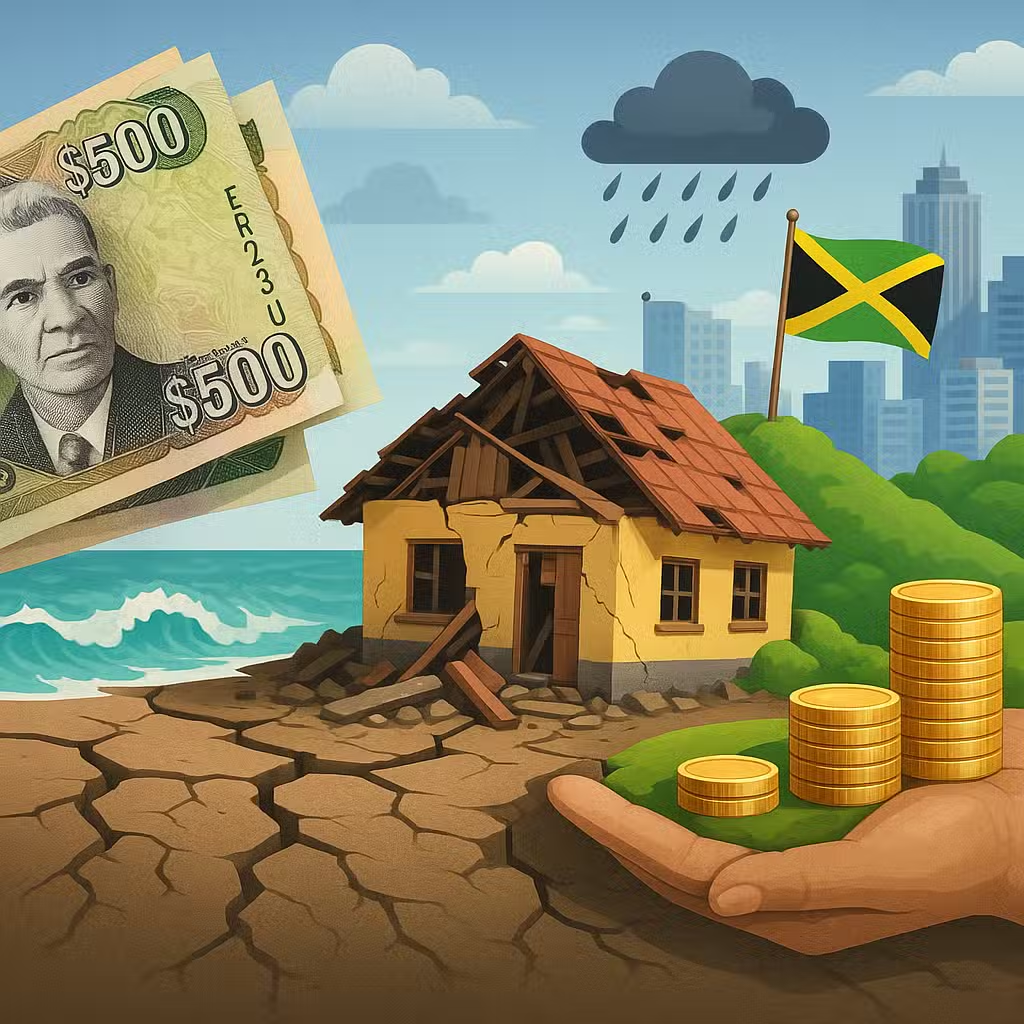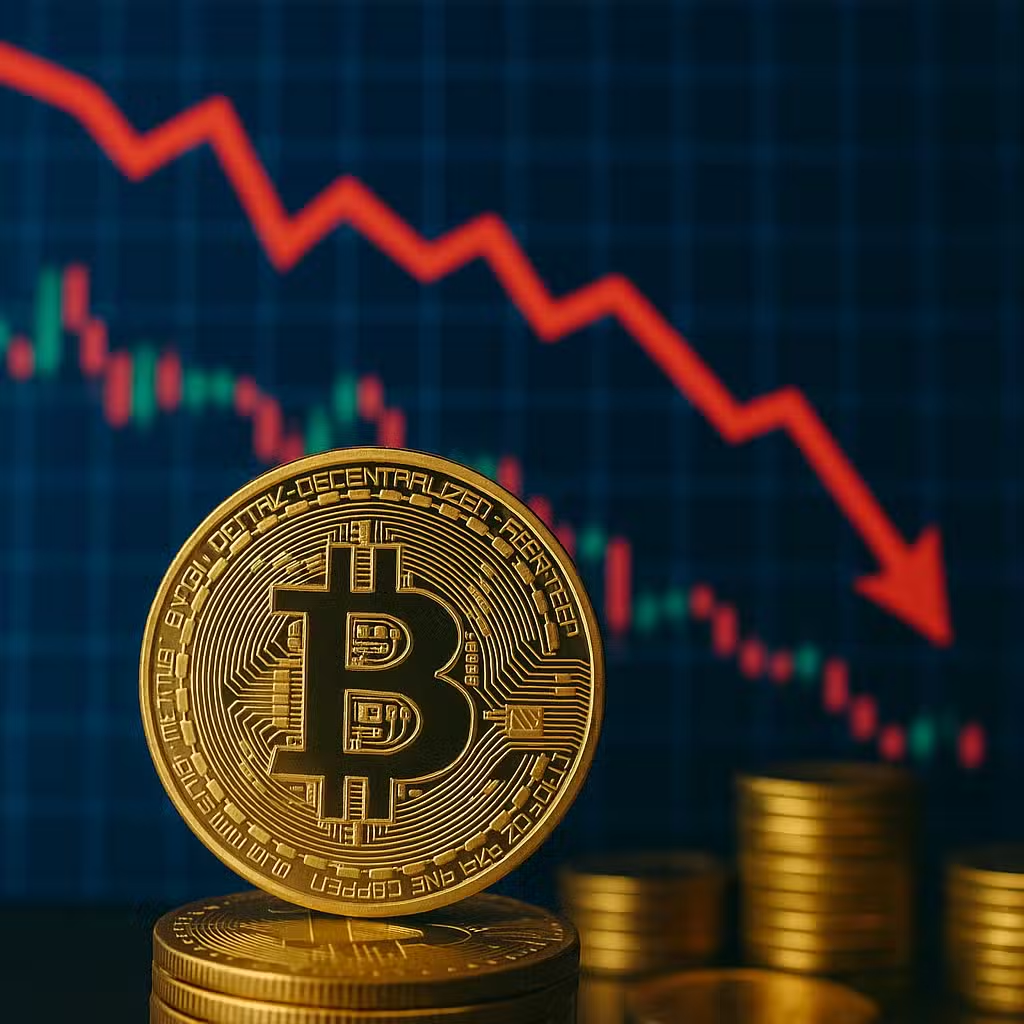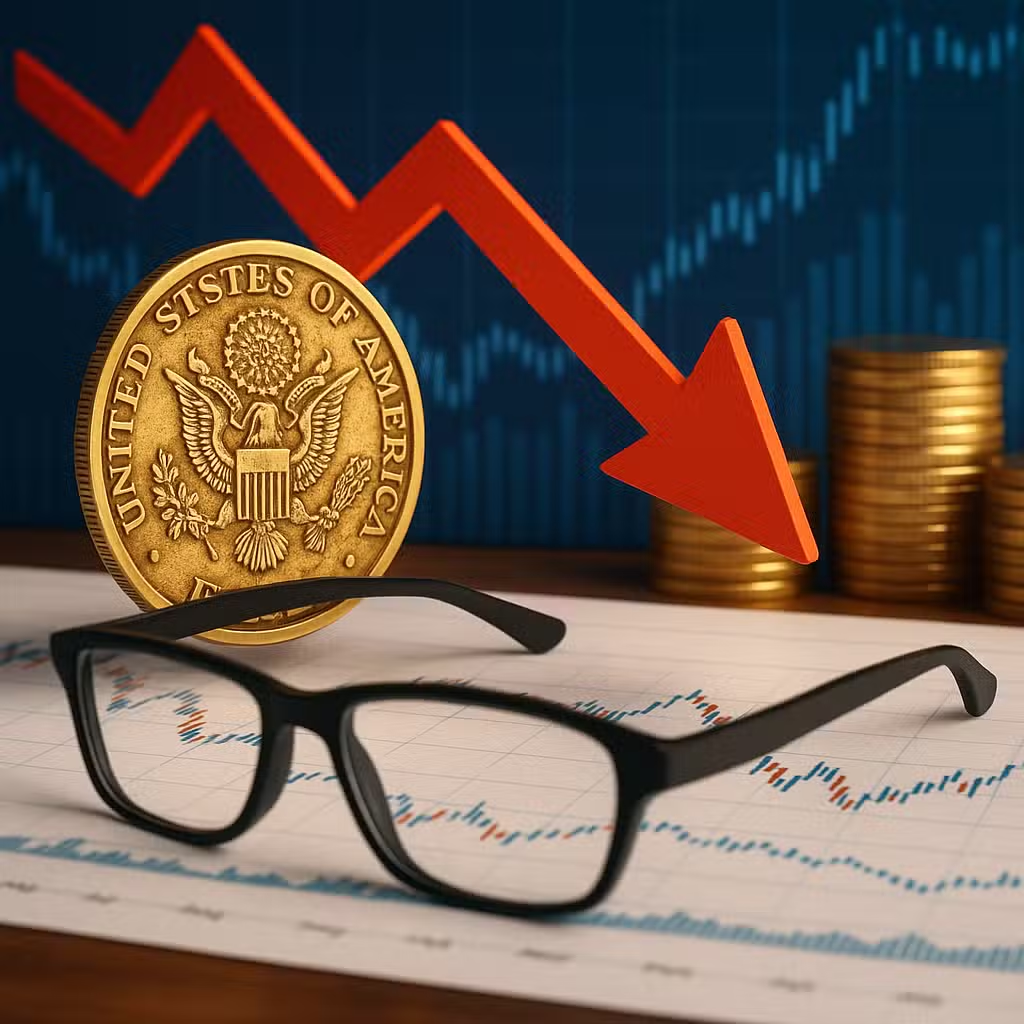EU Review of Mowi’s Nova Sea Investment Signals Regulatory Focus for Seafood Investors
Imagine if the biggest bakery in town wanted to buy almost all of another popular bakery, making one giant bread powerhouse. That’s what’s happening in the seafood world right now, and it could change the way investors see the fish market.
What’s Going On?
Mowi, a huge seafood company from Norway, wants to buy most of Nova Sea, another big salmon company. If the deal goes through, Mowi will own 95% of Nova Sea. This deal is worth about $748 million, and Nova Sea as a whole is valued at around $1.6 billion.
Mowi already owned a small part of Nova Sea since 1995, but now they want almost the whole thing. They plan to pay 30% in Mowi shares (like trading company stock) and 70% in cash.
But before this can happen, the European Commission (EC) is checking it out. They want to make sure the deal doesn’t hurt competition or make prices unfair for buyers and sellers. They’re asking people to share their opinions for ten days before making a final decision.
Why Investors Should Care
When big companies buy their competitors, it can shake up the whole market. For investors, this means:
- Market Power: Mowi could control even more of the salmon supply, possibly affecting prices and profits.
- Efficiency: Mowi says the deal could save around $38 million each year by using resources better and improving fish health.
- Growth: Together, Mowi and Nova Sea expect to harvest 157,000 tonnes of salmon in northern Norway in 2025, and 572,000 tonnes worldwide. That’s a big chunk of the global salmon market.
According to the Food and Agriculture Organization, global fish consumption has grown faster than all other animal proteins since 1961. This shows just how important and fast-growing the seafood sector is for investors.
Bull Case: Why This Could Be Good
- Stronger Together: Mowi and Nova Sea could combine their strengths, making it easier to compete globally.
- More Profits: By working as one, they may lower costs and increase profits, helping shareholders.
- Innovation: Bigger companies often have more money to spend on new technology and better fish farming.
- Steady Supply: A larger, well-run company might keep the salmon supply more stable, which is good for customers and investors.
Bear Case: Why Some Are Worried
- Less Competition: If one company controls too much, prices could go up for buyers, or small rivals could get squeezed out.
- Regulation Risks: The European Commission might block the deal or add rules that make it less profitable.
- Integration Problems: Merging two big companies isn’t easy—costs can rise, cultures can clash, and expected savings might not happen.
- Market Volatility: Big changes in supply can lead to price swings, which can make investing riskier.
Looking back, the European Commission has sometimes stopped big food mergers to protect competition. For example, in 2019, it blocked a major merger between two leading food delivery companies (source).
Investor Takeaway
- Follow the European Commission’s review—approval or rejection will move share prices for Mowi and possibly other seafood stocks.
- Diversify your holdings if you’re exposed to the seafood sector, as big mergers can increase both risk and opportunity.
- Watch for signs of cost savings or trouble with integration in quarterly reports if the deal goes through.
- Consider the long-term demand for seafood, which is likely to keep growing, but be mindful of potential new regulations.
- Stay alert to news about global seafood supply, as changes in big producers can shift the market quickly.
For the full original report, see Yahoo Finance

